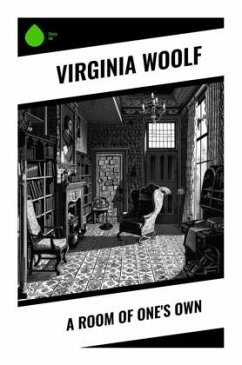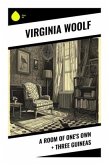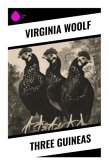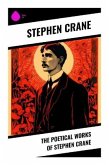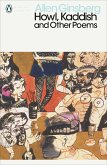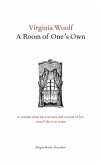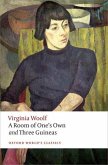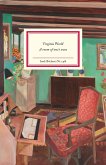In "A Room of One's Own," Virginia Woolf delivers a pioneering essay that merges literary criticism with feminist theory, exploring the intricate relationship between women and fiction. This work delves into the societal barriers that have historically hindered women's creativity and literary expression. Employing a stream-of-consciousness style and poignant imagery, Woolf crafts a compelling narrative that underscores the necessity of financial independence and personal space for women writers. Set against the backdrop of early 20th-century England, the essay invites readers to reassess the patriarchal structures that have long marginalized female voices in literature. Virginia Woolf, a central figure in the modernist literary movement, was deeply influenced by her own experiences as a woman in a male-dominated society. The struggles and accomplishments of her literary contemporaries informed her insights into the challenges faced by women writers. Through her passionate advocacy for women's intellectual freedom, Woolf sought to elevate the discourse surrounding gender and creativity, making her work both a personal manifesto and a broader call for social change. "A Room of One's Own" is not merely an essay; it is a foundational text for feminist literature that speaks to individuals across time and gender. Readers seeking to understand the barriers faced by women in literature will find Woolf's arguments both eloquent and urgent. This text is essential for anyone interested in the evolution of literary tradition and the quest for equality in creative expression.
Bitte wählen Sie Ihr Anliegen aus.
Rechnungen
Retourenschein anfordern
Bestellstatus
Storno

